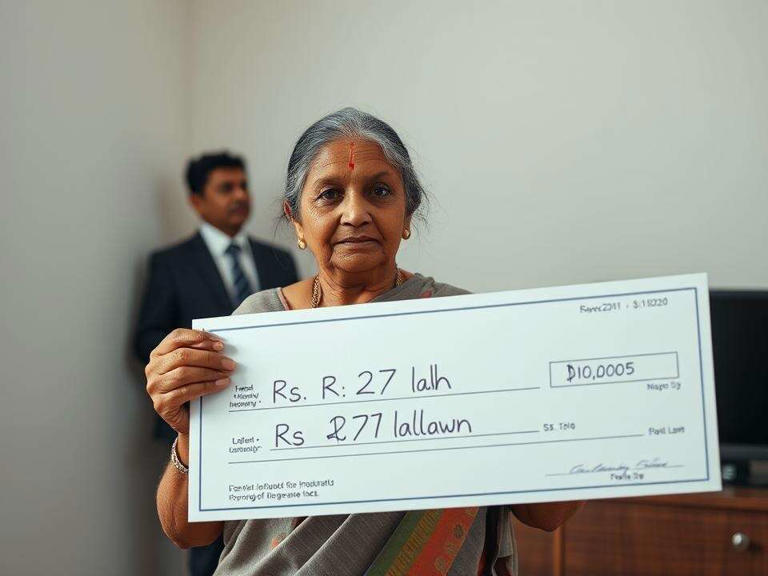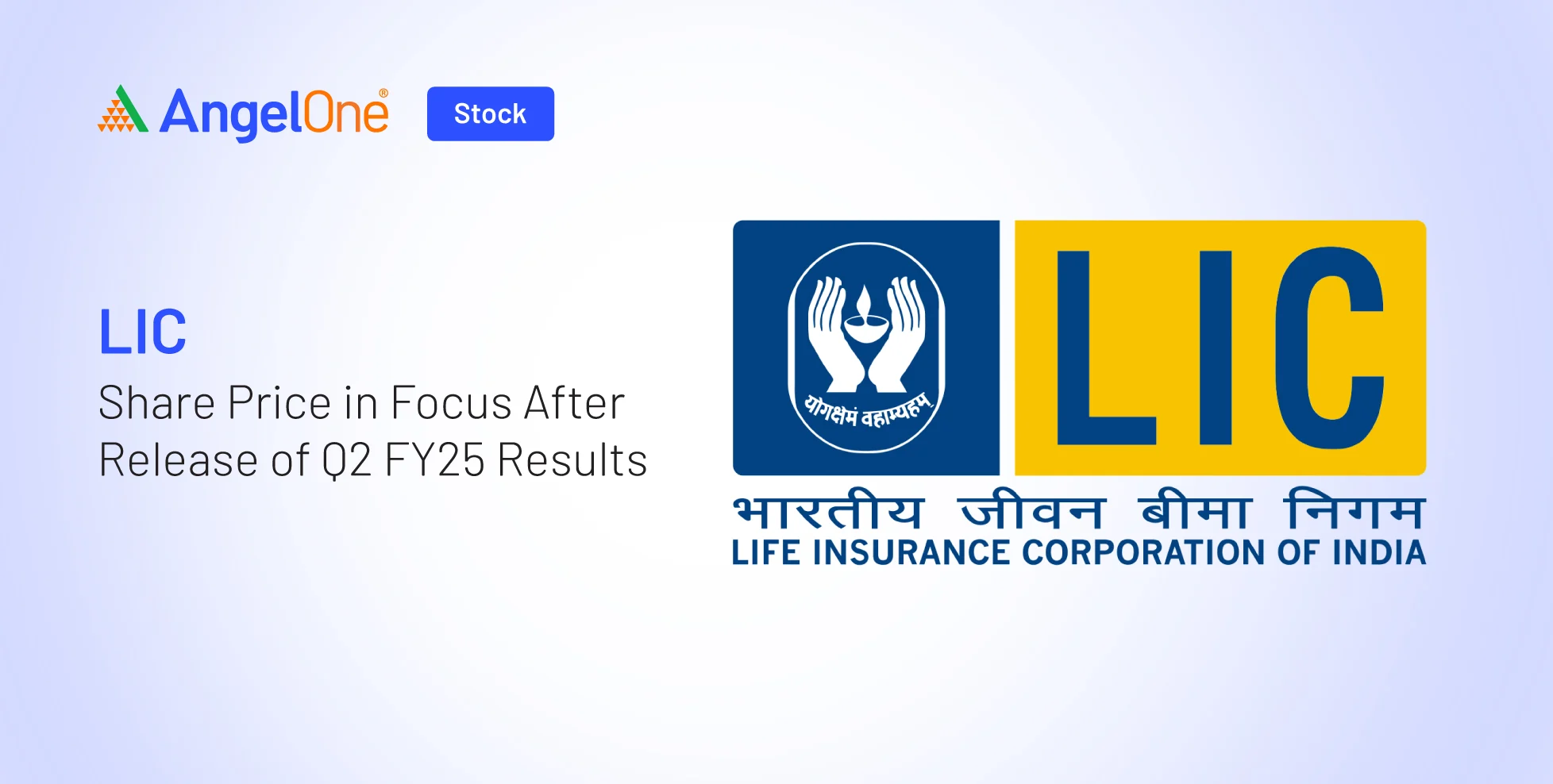Zero GST on Life & Health Insurance: The Goods and Services Tax (GST) Council’s 56th meeting has delivered a major win for policyholders. Starting September 22, 2025, all individual life and health insurance premiums will attract 0% GST, a sharp reduction from the earlier 18% rate. This move significantly cuts upfront costs for households, eases the affordability barrier, and is expected to widen insurance penetration across India.
For years, policyholders had to bear a high GST burden on insurance, which often discouraged families from buying adequate protection. With medical inflation climbing in double digits and financial uncertainties rising, the GST exemption directly improves affordability, helping more households secure term life, health insurance, and critical illness coverage.
The reform is also strategically timed. India’s insurance penetration — measured as premiums as a percentage of GDP — still lags behind global averages. By eliminating GST on insurance, the government aims to nudge middle-class families to upgrade their protection, avoid underinsurance, and channel savings into long-term risk management.
What Changes From September 22, 2025?
- Effective Date: The exemption applies to premiums billed on or after September 22, 2025.
- Life Insurance: All individual term plans, ULIPs, endowment policies, and other personal life covers become GST-free.
- Health Insurance: Individual health policies, including family floaters, indemnity plans, and critical illness covers, will also be exempt.
- Renewals & Multi-Year Plans: For ongoing or multi-year policies, benefits will reflect in invoices raised after September 22. Insurers will issue clarifications as CBIC notifications roll out.
Read about: Zero GST on Life & Health Insurance From September 22: Who Benefits and How?
How Consumers Benefit
1. Lower Premium Costs
If you were paying ₹50,000 annually for a health policy, earlier you paid ₹59,000 (₹50,000 + 18% GST). After September 22, the cost will be just ₹50,000, saving you ₹9,000 upfront.
2. Bigger Cover, Same Budget
With the GST savings, families can afford higher sum insured amounts, bridging gaps in medical cost inflation.
3. Improved Access
For first-time buyers, lower premiums reduce entry barriers, encouraging more people to buy basic life or health coverage.
4. Tax Efficiency
While GST relief cuts direct costs, existing income tax deductions under Sections 80C (life insurance) and 80D (health insurance) remain unchanged, making insurance even more attractive.
Sector Impact: Insurers & Pricing
While consumers benefit, insurers face new challenges:
- Loss of Input Tax Credit (ITC): Since insurance moves into the GST-exempt category, insurers cannot claim credit on taxes they pay for services like IT, operations, and reinsurance.
- Possible Repricing: Over time, insurers may tweak premiums or product features to balance costs. This could mean tighter underwriting, recalibrated features, or focus on efficiency gains.
- Reinsurance Exemption: With reinsurance now exempt, insurers get some cost relief, which could help offset ITC losses.
In the short term, consumers clearly gain; in the long term, pricing dynamics will depend on how insurers adjust.
What to Check When Buying Insurance After Sept 22
- Adequate Coverage: Choose sums insured that realistically match healthcare costs in your city.
- Policy Features: Look for minimal sub-limits on room rent, treatments, or pre/post hospitalization.
- Waiting Periods & PED Terms: Understand timelines for coverage of pre-existing diseases and illnesses.
- Network Hospitals: Opt for insurers with wide cashless networks and strong claims support.
- Riders & Add-Ons: Critical illness, deductible-based plans, or waiver riders can enhance flexibility.
- Insurer Track Record: Check claim settlement ratios, solvency margins, and customer reviews before buying.

Financial Planning Angle
From a financial planning perspective, the 0% GST is a powerful nudge for households to close their insurance gaps. The savings can either fund a higher coverage amount or reduce the chances of underinsurance. Combined with tax benefits under 80C/80D, this reform strengthens the case for prioritizing protection in every household’s financial portfolio.
Also read: Lava Bold N1 5G Launched in India with Android 15, 5G Support and Budget Pricing
Conclusion
The GST exemption on life and health insurance premiums is a game-changing reform that directly benefits millions of Indian families. By removing the 18% tax burden, the government has not only reduced costs but also made insurance more accessible and appealing.
In the near term, consumers will enjoy clear savings, while insurers may need to adjust to the loss of ITC. Over the long run, efficiency, reinsurance benefits, and innovation in product design are likely to balance the equation.
For households, the takeaway is simple: this is the best time to secure or upgrade your insurance coverage. With lower upfront costs, tax deductions intact, and rising healthcare inflation, insurance becomes both a financial shield and a smart investment in security.
Ultimately, GST 2.0’s exemption on insurance premiums aligns with India’s broader policy goal of expanding financial inclusion and protecting families against health and life risks. It encourages people to act early, buy more, and stay protected.
FAQs: Zero GST on Insurance
1. From when will the 0% GST on insurance apply?
The exemption will apply to all premiums billed on or after September 22, 2025. If your renewal falls before this date, you will still pay 18% GST on that cycle.
2. Does the exemption apply to group or corporate insurance?
No, the GST exemption is limited to individual life and health insurance policies. Group and corporate covers may continue under existing rules unless clarified otherwise.
3. Will insurers increase premiums to offset GST-related costs?
In the long run, insurers may adjust pricing due to the loss of input tax credit. However, reinsurance exemptions and efficiency gains could mitigate major hikes. For now, consumers will see clear savings.
4. What happens to ongoing multi-year policies?
For policies billed before September 22, 2025, GST at 18% applies. For renewals or installments billed after the date, the exemption will kick in. Insurers will issue clarifications via official advisories.
5. Is this in addition to income tax benefits under Sections 80C and 80D?
Yes. The GST exemption is separate. Policyholders can still claim Section 80C (life insurance premiums) and Section 80D (health premiums) tax deductions, making insurance highly cost-efficient.






